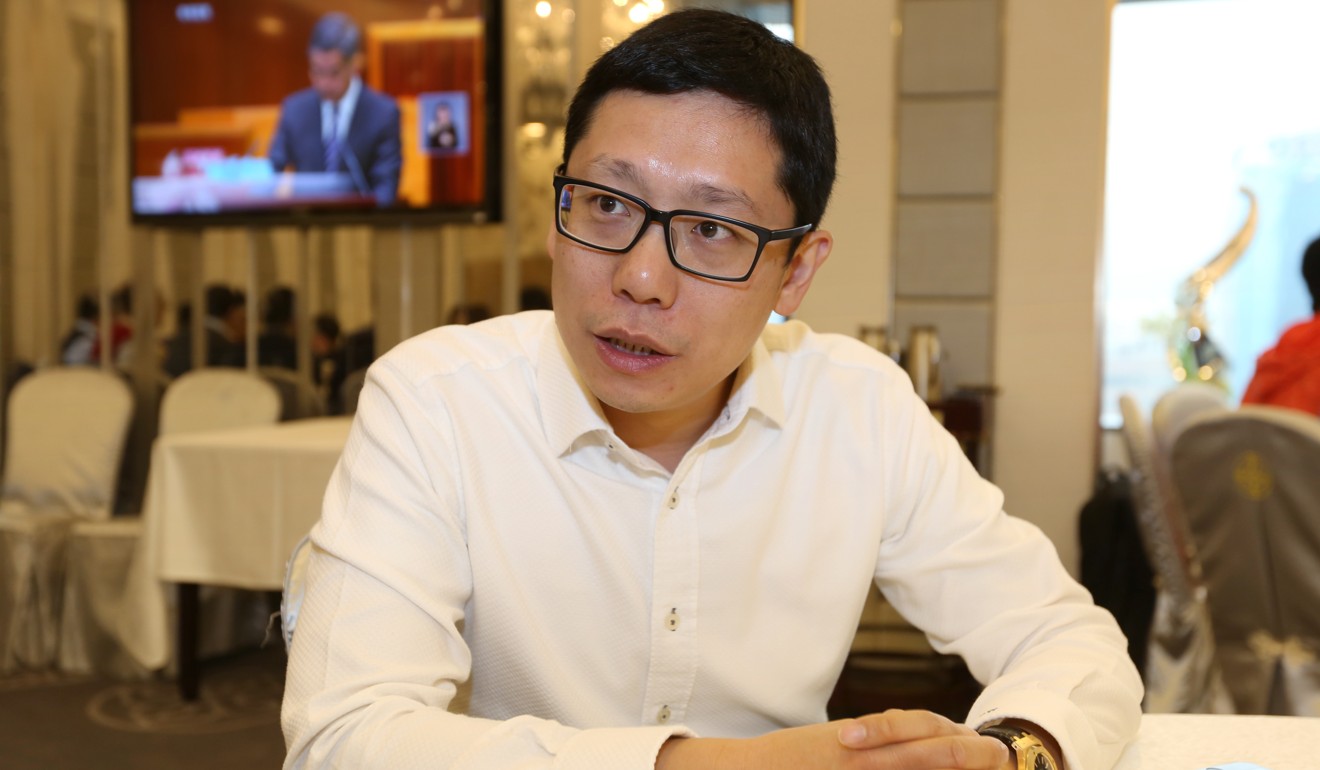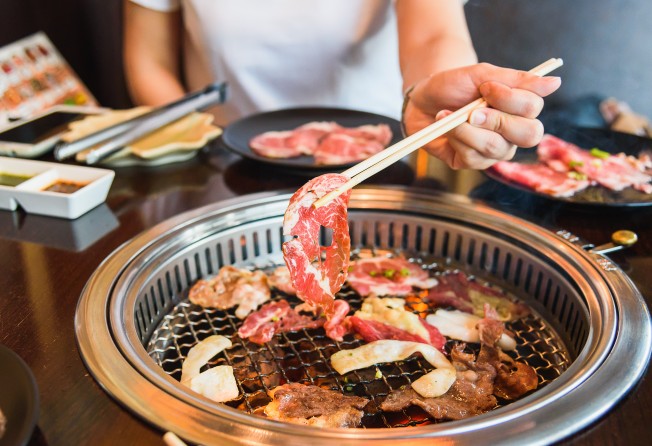
Asian hotpot operator becomes latest retail frenzy IPO
LH Group, Hong Kong’s second-largest Japanese catering brands operator, has drawn retail IPO orders nearly 1,000 times the stock available

LH Group, which operates the popular Wagyu steak hotpot Mou Mou Club and Gyu-Kaku Japanese Barbecue brands in Hong Kong, has become the latest IPO listing to go supernova.
The city’s second-largest Japanese catering brands operator, which counts MTR Corp chairman Frederick Ma Si-hang as a cornerstone investor, has drawn individual buying orders nearly 1,000 times greater than the number of shares available, adding to the list of smaller new offerings that have sparked a retail frenzy in the first half of this year.
So far in 2018, four new stock listings on the main board have seen their retail portions oversubscribed by a factor of more than 1,000 times. Investors vying for shares of Tianbao Energy saw the IPO oversubscribed 1,592 times, while Most Kwai Chung was driven to 6,288 times, B&S International Holdings was 2,599 times, and Dragon Rise Group saw orders exceed shares available by a factor of 1,680 times.
Three of the IPOs are trading above their offer prices since listing, while the Tianjin-based power operator Tianbao Energy fell on its first day of trade and is down 14 per cent from its offer price.
LH Group has priced its IPO at HK$1.10, raising a total of HK$220 million (US$28 million) in the offering. The stock is expected to be trading on the main board on Wednesday.

Simon Wong Kit-Lung, chairman and president of LH Group, said at the IPO press conference on May 14 that the company is planning to expand its business in mainland China and Southeast Asia and has already obtained the franchising rights of Gyu-Kaku in the southern part of China. But the timetable has yet to be set.
According to its prospectus, LH Group plans to use more than half of the IPO proceeds to open 19 new restaurants under its Asian cuisine franchised brands in Hong Kong by 2020. It will also use more than a third to open eight restaurants under its self-owned catering brands in Hong Kong.
The remaining funds will be used for additional working capital and strategic investments.
More than 40,000 individual buyers have placed orders for the retail portion. Around a fourth of investors subscribed for a single lot. More than 5,000 buyers received an allotment, making the success rate 25 per cent.
One lot contains 2,000 shares.
MTR chief Ma became a cornerstone investor, paying HK$8 million for 7.27 million shares.
LH Group operates 34 restaurants in Hong Kong under 10 franchised and self-owned brands, focused on Chinese, Japanese, and Korean dishes.
Among the brands, Japanese cuisine Gyu-Kaku Barbecue and hotpot Mou Mou Club have the most restaurants, at 14 and 13 respectively. They also boast relatively higher operating margins within the group, at 35 per cent and 32.5 per cent each.
By revenue, LH Group accounted for a 1.8 per cent market share in Hong Kong’s catering sector last year, but had a higher 7.9 per cent market share in the Japanese cuisine segment, according to research by Frost & Sullivan.
Revenue from the Japanese and Korean franchised brands jumped 10.2 per cent in 2017 on year, compared to a 5.1 per cent decrease in Chinese catering brands, according to the company.
LH Group reported an 11.6 per cent increase in 2017 revenue to HK$829 million.
However, its net profit dropped 1 per cent to HK$40.14 million.
For the first half of this year, the company’s net profit plunged 54 per cent, which the company attributed mainly to rising retail rental costs.